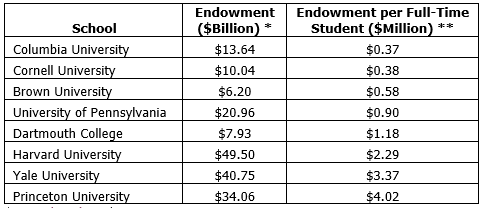River Page, writing for The Free Press last Sunday, objected to any proliferation of “Tiger Moms.” However, she’s wholly misinterpreted the concept of and the goals of tiger moms.
There are more important things in life than making a six-figure salary and going to Yale goes her subheadline. She concluded her piece with this:
There’s no point in living in a prosperous country if you can’t enjoy it[.]
The one is not the aim of tiger moms, and the other isn’t possible without achieving their goal. Vivek Ramaswamy, of DOGE, has laid out the situation, using the H-1B visa debate as the backdrop.
Our American culture has venerated mediocrity over excellence for way too long (at least since the 90s and likely longer). That doesn’t start in college, it starts YOUNG. A culture that celebrates the prom queen over the math olympiad champ, or the jock over the valedictorian, will not produce the best engineers.
He added, as paraphrased by Page, that tech companies prefer to hire foreigners—and their offspring—because the children of native-born Americans don’t work hard enough.
That’s what tiger moms are working against, and we need more of them, not the coddled snowflakes of too many of our current offspring and their children.
That more important thing, toward which tiger moms try to raise their children, is a work ethic that prides work and that produces the overriding satisfaction of a job well done. The self respect that comes from that is what powers full enjoyment of leisure time and the full enjoyment of the plethora of leisures available in a prosperous country.
Indeed, there isn’t a prosperous country without the work required to produce, maintain, and defend it. Six-figure salaries fall out of all of that; they aren’t the goal of any of that. Neither is going to Yale instead of any other school. Students get out of their higher education institution—whichever it is, and it need not be a so-called elite school—what they put into it, and what they put into it is what they learn to put into it during their pre-school and K-12 years. That’s where tiger moms earn their stripes and the respect of us otherwise average Americans, their peers.

